President Ouattara’s RHDP wins majority of regional and local votes
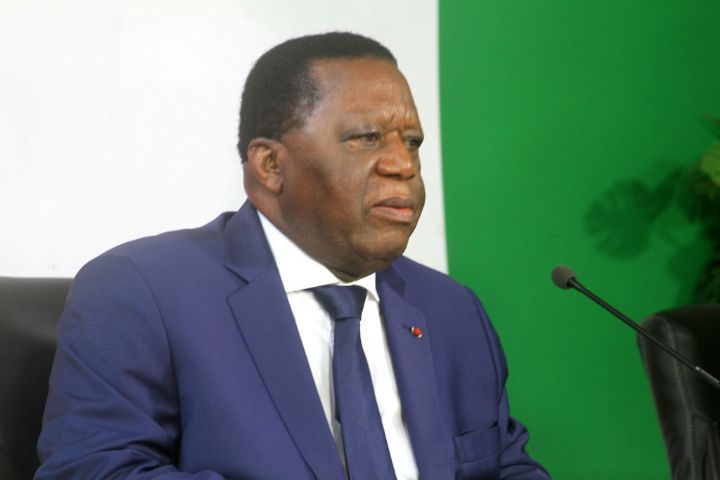
BY JIBRIL TURE
President Alassane Dramane Ouattara’s coalition party, the Rally of the Houphouetists for Democracy and Peace, RHDP, has won most of the votes cast during the 13 October regional and municipal elections held in Cote d’Ivoire, according to the final results announced last night, Tuesday, on national television by Youssouf Bakayoko, the head of the Ivorian Independent Electoral Commission, CEI.
RHDP OWNS THE PLACE
According to the CEI, RHDP has won in 18 regions, which translates to 60%, whereas the Democratic Party of Cote d’Ivoire, PDCI-RDA, of former President Henri Konan Bedie (not too long ago Ouattara’s staunch ally) has come second with six regions, or 20%. Independent candidates have won three regions, with only one by former President Laurent Gbagbo’ party, the Ivorian Popular Front. As a result of the rather sometimes confusing political environment brought about by the feud between Ouattara’s RHDP and Bedie’s PDCI-RDA, candidates claiming both parties’ affiliation have won two regions.
When it comes to the local elections, RHDP came away with the lion’s share of 92 cities, including most of the localities in Abidjan, the nation’s hub and largest city, as well as the nation’s second largest city, Bouake, not to mention the nation’s second port, San Pedro, and, obviously, the main cities in the north, Ouattara’s origin.
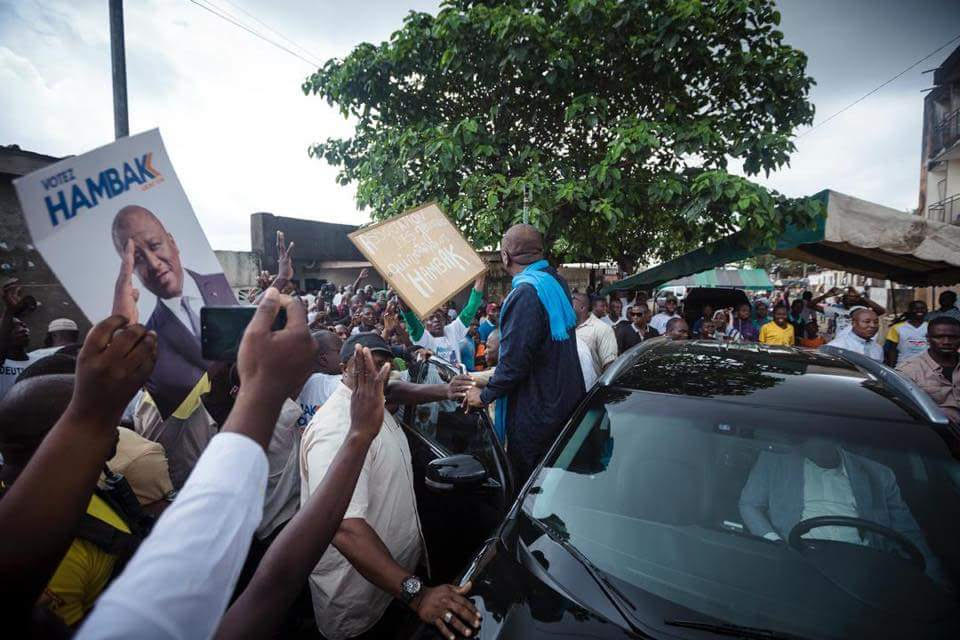
The PDCI-RDA, coming way behind, secured 25% of the municipal votes, winning 50 cities, including the all-important Plateau in Abidjan, the nation’s business quarters and wealthiest locality in the nation. Bedie’s party, the oldest in the country, also will be in control of the bourgeois locality of Cocody, and Yamoussoukro, the political capital. Independent candidates have won altogether 56 cities. Gbagbo’s fractured Ivorian Popular Front, the poor parent of the elections, has won only two cities.
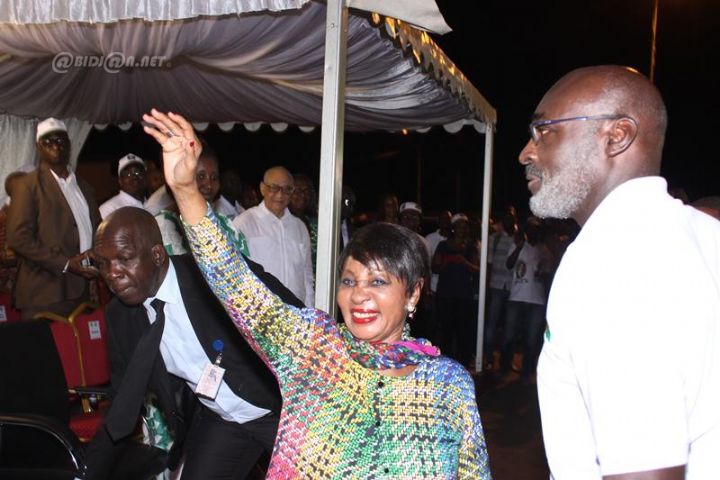
The results have been invalidated in two localities, Port Bouët, near Abidjan, and Facobly, in the western region, due to violence leading to the destruction of voting materials.
VIOLENCE AND LOW PARTICIPATION
The just-ended elections, which recorded a disappointing low participation rate of 46,36%, are a powerful indicator of what party stands the best chance of winning next year’s presidential election. They come as the finale of a chain of elections held lately: the 2015 presidential election, the 2016 constitutional referendum, and the legislative elections held the same year. The regional and municipal elections are also a barometer of the Ivorian people’s ability to vote in a civil manner.
Though there was no large-scale violence (only a couple of deaths and the destruction of materials and a marketplace set ablaze), local officials and international observers alike are disappointed by the relative violence that has resulted in several deaths and several wounded, despite the deployment of 30,000 law enforcement personnel all over the national territory. Most observers fear the specter of violence is pretty much around.
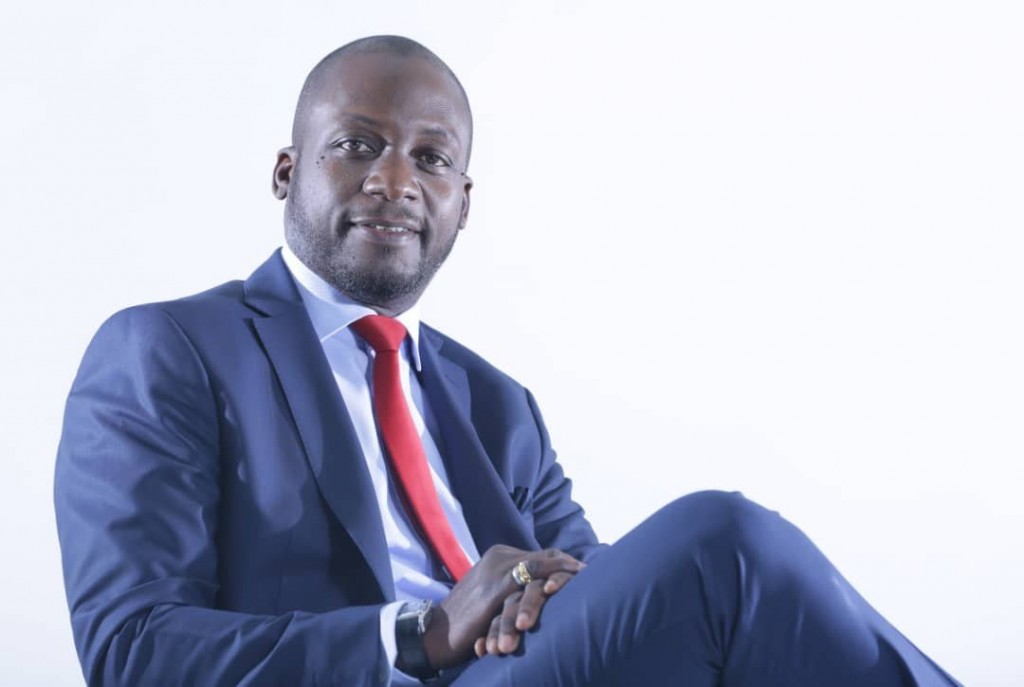
Violent xenophobic demonstration against Fabrice Sawegnon, the runner-up candidate for mayor of Plateau, a full-fledged Ivorian born in the country of Beninese parents, brought back sad memories of what Sawegnon termed “old demons” in his concession statement.
Taking stock of the violence, CEI’s president, Youssouf Bakayoko, stated in his televised appearance last night:
“The Independant Electoral Commission would like to extend through me its sharp regrets for these incidents beyond its control, which it vigorously condemns, as well as its sympathy for the afflicted and breathed families.”
PRESIDENT OUATTARA THE BIGGEST WINNER
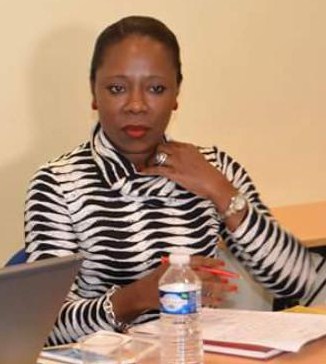
For Gouza Nahounou, The African Magazine‘s political commentator and Paris-based hostess of a popular show on Facebook, “Idées de Paix,” President Ouattara is the biggest winner of these elections:
“Despite the political tension against the government’s policies, the RHDP remains a majority party, which, once again, attests to the political weight of the party of the president of the republic.”
Nahounou praises Ouattara’s commitment to democracy:
“He managed to show the continent and the international community that he is a true democrat, unlike his opponents. Ouattara is very intelligent.”
The election results demonstrate Bedie’s failure, Nahounou contends.


